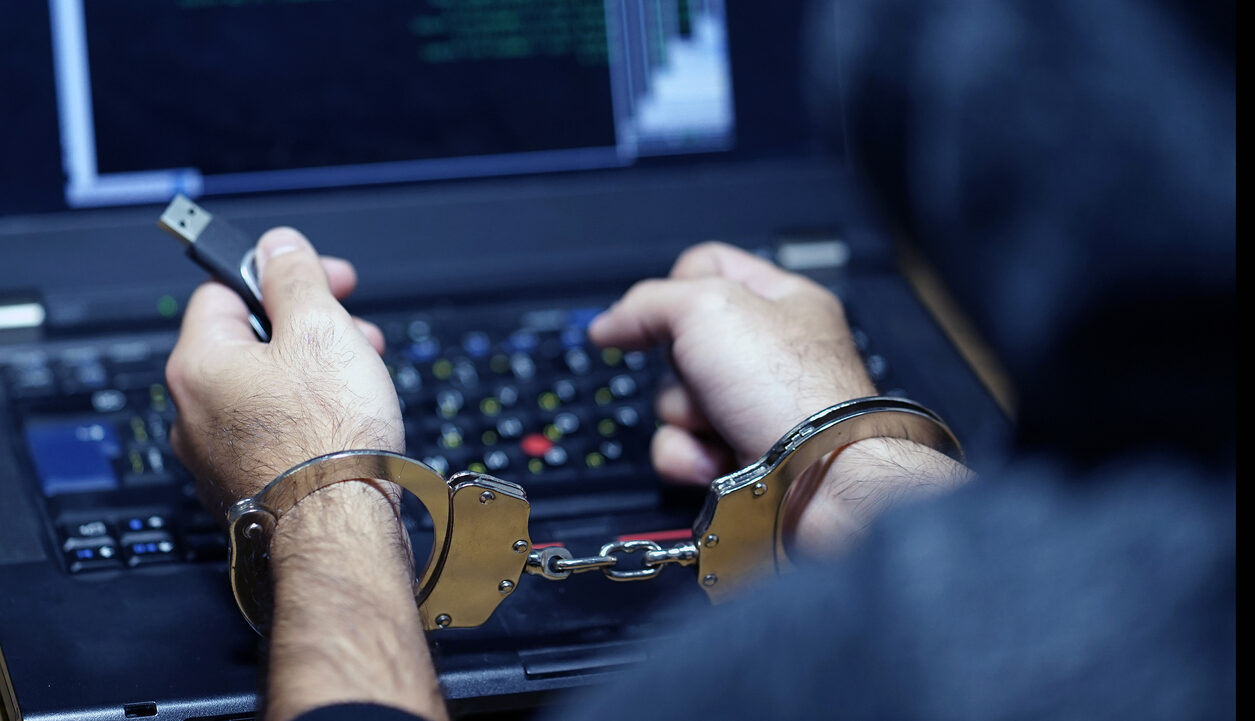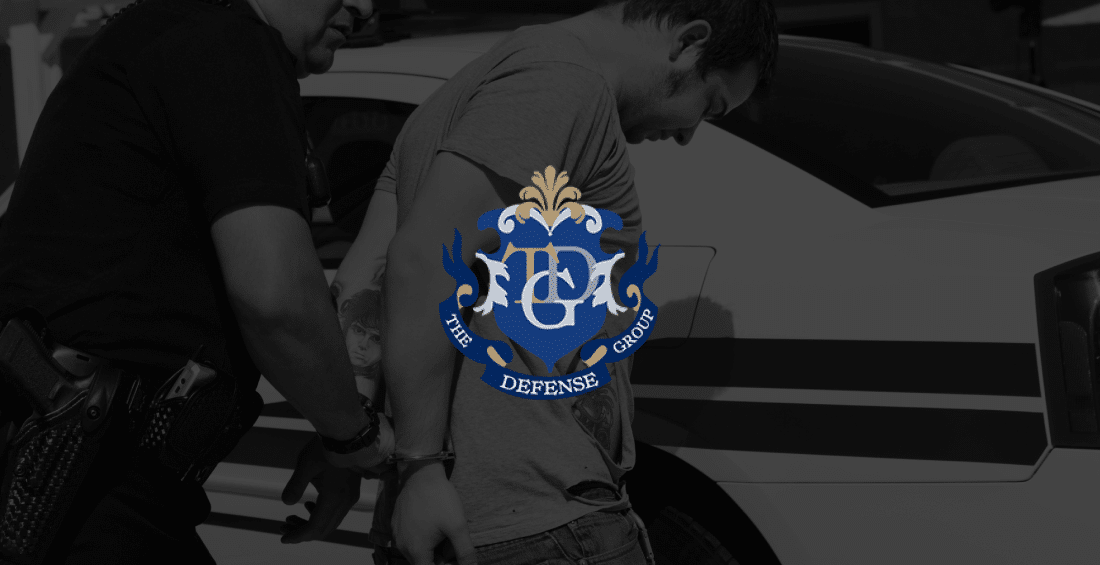What is Considered a Cyber Crime in Florida?
More and more of our lives are spent on the internet. We share daily updates, write blogs and social media posts, and some jokingly say they live online. However, online spaces are not always safe; sometimes, we can meet bad-faith actors or be accused of criminal charges for online conduct and actions. With this in mind, it is important to understand what cyber crimes are so that, if you are ever accused of such criminal offenses, you know that legal defense is available to you from experienced and compassionate criminal defense lawyers, such as those at our law firm.
Cyber crimes, also known as computer crimes as they are referred to in Florida codes and statutes, relate to unlawful acts and criminal offenses involving the use of digital technology, websites, social networks, and computers. Essentially, if an individual is accused of breaking the law online or through the use of computer technology, that criminal offense is typically considered a cybercrime.
If you have been accused of cyber crimes in Florida, contact our law office to schedule your free initial consultation today. Our legal team has years of experience representing clients in complex criminal defense cases, including those involving cybercrimes.
What is the Florida Computer Crimes Act (FCCA)?
The Florida Computer Crimes Act (FCCA) is a law that was originally enacted back in 1978 to address crimes committed using electronic devices and computers. The Act has since been amended many times in order to keep up with the advancements in technology and the types of criminal offenses we see online. Under the Act, an individual can be charged with a computer crime in Florida if they intentionally, and without authorization, access or allow access to any computer system, computer network, electronic device, cell phone, online platform, or other technological system with the purpose of committing a criminal offense. Such criminal offenses may include theft, defamation, fraud, cyberstalking, damage to property, and more. The Act also makes it a crime to intentionally alter, damage, or delete another individual’s computer data, software program, or technology.
Under the FCCA, criminal offenders may face a broad range of penalties and punishments depending on the severity of their crimes. Individuals convicted of first-degree felonies under the act may face up to three decades in prison and fines of close to $10,000.
If you have been accused of committing computer crimes outlawed by the FCCA, please get in touch with our law firm to schedule a free case review today.
What Are Common Examples of Cyber Crimes?
Common examples of cybercrimes in the state of Florida include the following:
- Computer-related theft
- Crimes against computer or online users
- Crimes against intellectual property
- Cyberbullying
- Cyberstalking
- Denial of service attacks
- Distribution of viruses, Trojan horses, worms, and other harmful software
- Fraud
- Hacking and unauthorized access to a computer system or network
- And more
What Are the Punishments for Cyber Crimes in FL?
The different types of cybercrimes come with different punishments. Additionally, depending on the number of criminal charges someone may face, they could see harsher penalties.
Cyberstalking, for example, can be charged as either a felony or a misdemeanor in Florida. In most cases, first-time cyberstalking charges are misdemeanor offenses. If an individual is convicted of a first-degree misdemeanor for cyberstalking, that defendant may be punished by up to a year in jail and fines of up to $1,000.
Cyberstalking offenses that involve a serious threat of bodily harm or death to the target of the cyberstalking can be charged as third-degree felonies. This criminal offense is typically known as aggravated cyberstalking. Crimes of intellectual property-related offenses are generally charged as third-degree felonies, too. 3rd-degree felonies for intellectual property cyber crimes are punishable by up to five years in prison, five years of probation, and fines of up to $5000.
Computer-related theft of property valued at less than $300.00 is charged as a first-degree misdemeanor, usually punishable by up to a year in jail and fines of up to $1,000. If the value of the stolen property exceeds $300.00, the charges could be elevated to third-degree felonies or higher.
Hacking and the distribution of malicious software are considered third-degree felonies in Florida. These cyber crimes are punishable by up to five years in prison and fines of up to $5,000. If, however, the hacking and unauthorized access involve trade secrets, the criminal offense could be elevated to a second-degree felony with harsher penalties.
What Are Potential Legal Defenses for Cyber Crime Charges?
When accused of a criminal offense, you need a criminal attorney. You do not want to enter a courtroom and represent yourself if you have been accused of cyber crimes. Our legal team has extensive experience representing clients in a broad range of criminal cases, and we would be proud to represent your case in and out of court. As your attorneys, we will work to develop successful legal defense strategies that can help clear your name, reduce charges, and potentially even dismiss the case entirely.
Potential legal defenses for cyber crime offenses include the following:
- A criminal defense lawyer may challenge the evidence presented by prosecutors, arguing that it is insufficient to prove the defendant’s guilt beyond a reasonable doubt. Remember, the burden of proof rests on the shoulders of the prosecutor, not the defense
- Defendants may claim that they had the authorization or necessary permission to access the computer, profile, network, or system before committing what the prosecutor claims to be a criminal offense. If this can be proven, it negates the question of an unauthorized access criminal charge
- In some criminal cases, a criminal defense lawyer may be able to argue for mistaken identity in the accusation of a crime. This is especially more prevalent in cyber crimes, given that many online interactions are anonymous in nature. If you were perhaps wrongfully accused and mistakenly identified as the committer of a crime, your case could potentially be thrown out
- Lack of intent is a tried-and-true legal defense strategy. If the criminal defendant argues that they did not intend to commit a crime, they may be found not guilty. The majority of Florida’s cyber crimes require the prosecution to prove criminal intent as an element of the criminal offense
- The laws against cyber crimes like cyberstalking are fairly vague and subjective in Florida. Some of the legal terms used in Florida’s cyberstalking statutes have not been defined at all. This creates a lot of room for criminal defense lawyers to make convincing arguments against the prosecution in a cyberstalking criminal trial. Remember, the prosecutors must prove beyond a reasonable doubt that the defendant is guilty of a crime. One of the legal terms involved in cyberstalking laws is the term substantial emotional distress. This term has not been clearly defined in the Florida statutes. As your lawyers, we will seek to establish that substantial emotional distress has not been established by the prosecution
Schedule a Free Case Evaluation with Our Criminal Defense Lawyers Today
If you have been accused of cyber crimes in the state of Florida, contact our law offices to schedule your free consultation today. Our legal staff prides itself on providing compassionate legal services to clients in need of a defense.
To contact our Orlando-based law office, please call us at 407-743-8430.











